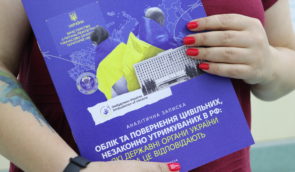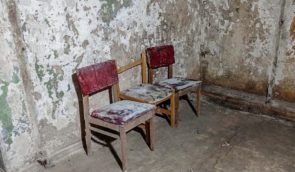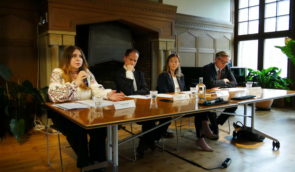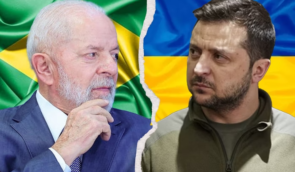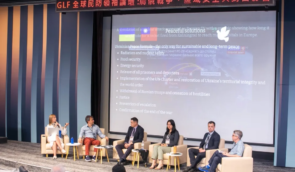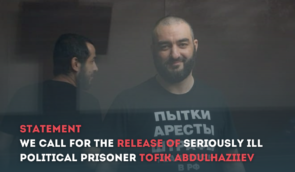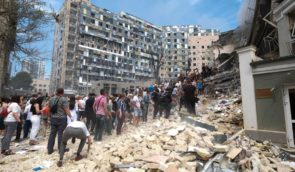Attitude towards Ukrainians who went abroad and who are IDPs is different, and this difference will grow – Alena Lunova
Sixty-seven percent of Ukrainians have a positive attitude towards internally displaced persons who are forced to live in other places of Ukraine, and only 4% of Ukrainians have a negative attitude towards them. At the same time, citizens have half as much positive attitude towards Ukrainians who have gone abroad (34%), and 17% of people have a negative attitude.
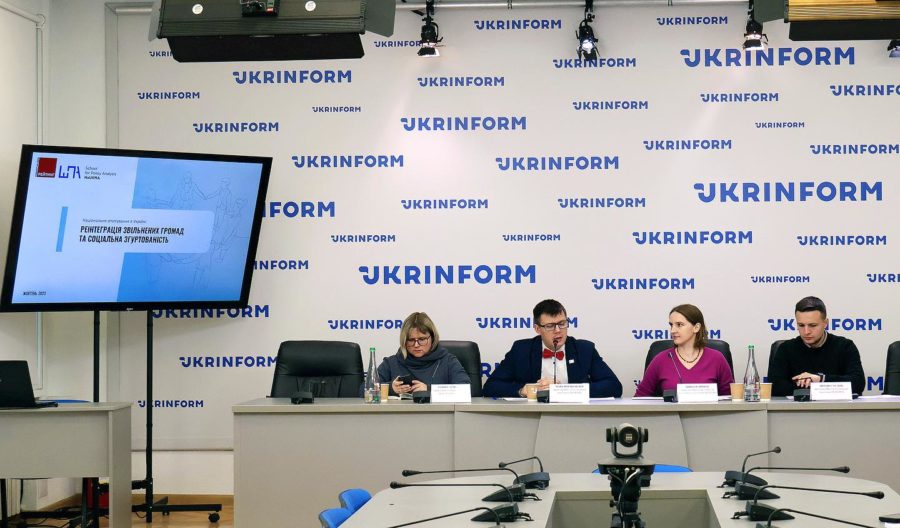
This became known during the presentation of the results of the all-Ukrainian survey “Reintegration and social cohesion” on November 22, 2023. The research was conducted by the Sociological group “Rating” on behalf of the School for Policy Analysis at the National University of Kyiv-Mohyla Academy (NaUKMA).
In addition, 47% of citizens have a neutral attitude towards those Ukrainians who have been in the occupied territory since 2022 and still live there. Another 37% have a rather positive and very positive, and 14% have a negative attitude.
At the same time, 26% of Ukrainians have a negative attitude towards those fellow citizens who have been in the occupied territory since 2014 and still live there. Forty-nine percent of respondents have a neutral attitude, another 23% say they have a positive attitude.
“As we can see, internally displaced persons who left because of the war and live in another region of Ukraine are the only category among all other Ukrainians to whom a positive attitude prevails, and not just a neutral one. A rather neutral attitude prevails towards all other categories. And those Ukrainians who have been in the occupied territory since 2014 and still live there are treated the worst,” commented Anna Osypchuk, Director for Research at the School for Policy Analysis, NaUKMA.
According to Alena Lunova, Advocacy Director at the Human Rights Centre ZMINA, this difference in attitude will grow in the future.
“The state should pay attention to this trend. Likewise, in the future, we will have to talk about something similar in the de-occupied territory about those who left the occupation and those who remained. These potential spots of division need to be identified and worked with,” the human rights activist believes.
Learn more about the research here (in Ukrainian).

